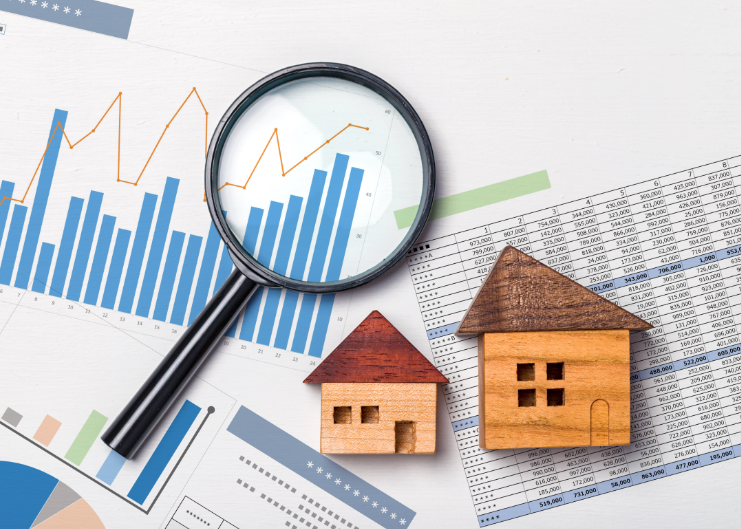Deciding whether to buy a house now or wait is a common dilemma in today’s volatile housing market. With soaring home prices and rising mortgage rates due to the Federal Reserve’s inflation control measures, the decision is tougher than ever.
Many prospective buyers are opting to wait. According to the National Association of Realtors (NAR), existing home sales dropped by 1.9 percent from April 2023 to April 2024. Furthermore, the Fannie Mae Home Purchase Sentiment Index from May 2024 shows that 79 percent of consumers believe it’s a bad time to buy a house.
However, the market may be shifting in favor of buyers. Homes are staying on the market longer, giving buyers more time to make decisions. NAR data shows homes typically stayed on the market for 26 days in April, up from 22 days the previous year. Housing inventory is also increasing, with a 9 percent month-over-month rise and a 16.3 percent year-over-year increase.
RE/MAX’s April National Housing Report noted an 18.2 percent increase in new listings from April 2023. RE/MAX president Amy Lessinger noted, “This has happened without a significant drop in interest rates, suggesting that buyers and sellers may be less apt to delay their plans this year.”
Is It a Good Time to Buy a House?

Mortgage rates are still high, above 7 percent, though they’ve come down from 8 percent last October. Home prices have been rising for ten months straight, according to the National Association of Realtors (NAR). These factors might make you think twice about buying now, and that’s understandable.
However, buying a house now lets you start building equity right away and could help you avoid higher mortgage rates in the future. Higher rates could make your monthly payments more expensive and increase the total interest you pay over the life of the loan.
“If you find a house you love, don’t wait,” says Stacey Froelich, a broker with Compass in New York City. “You can’t predict the market, and a home should be a long-term investment.”
Melissa Cohn, regional vice president of William Raveis Mortgage in Connecticut, advises, “When mortgage rates drop and more buyers return, home prices will go up. Remember, you ‘Marry the house and date the rate.’” In other words, buy the house now if it’s the right one—you can always refinance later if rates drop.
Here are three questions to help you decide if now is a good time to buy:
- Do you have good credit? Having a high credit score helps you get the best mortgage rates. In early 2024, the average credit score for mortgage borrowers was 770.
- Do you have enough savings for a down payment? The more you can put down, the less you’ll need to borrow and the less interest you’ll pay. Also, having extra savings for emergencies is important.
- Do you plan to stay in the home for a long time? Buying a home comes with extra costs like closing fees. To make these costs worthwhile, it’s best to stay in the home for a while. If you move too soon, you could face extra taxes. If you need to move, make sure you can afford to keep the house and rent it out.
Understanding Your Local Real Estate Market

Deciding whether to buy a house now or wait depends a lot on where you want to live. Real estate can vary greatly from one area to another, even within the same state.
For example, let’s look at Raleigh and Chapel Hill in North Carolina’s Research Triangle. In Raleigh, the median home price is $425,000, up 9 percent from last year. Meanwhile, just 30 miles away in Chapel Hill, the median price dropped by a significant 24.4 percent but remains higher at $548,000. That’s a big difference.
To navigate today’s housing market effectively, it’s crucial to find a real estate agent who knows your local area inside out, including your specific neighborhood. They can help you understand the unique aspects of the market and make informed decisions
Considering a Recession
The chance of a recession in the next 12 months is now at 33 percent, as per Bankrate’s latest survey. During a recession, buying a home can be risky. If you lose your job, getting a loan approved becomes harder.
Even if a recession doesn’t impact you directly, a struggling local economy could affect the housing market. Fewer buyers may mean fewer homes for sale, limiting your choices as a buyer.
However, buying a home during a recession can have advantages if you’re financially ready. With less competition, you might find a great property that would be harder to get in a stronger market.
